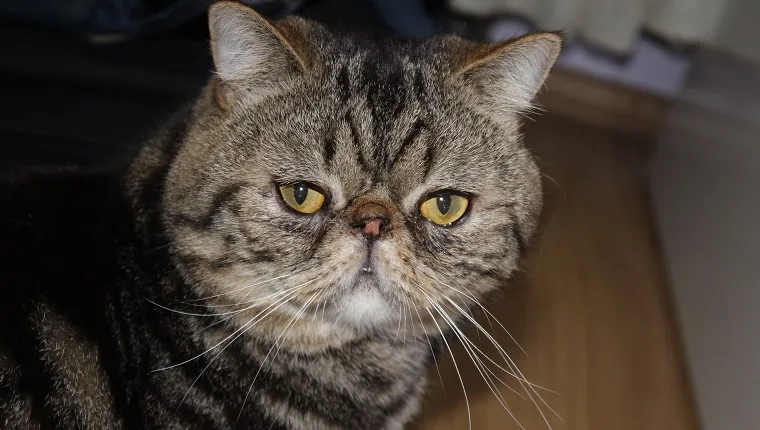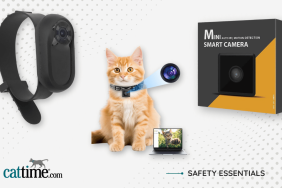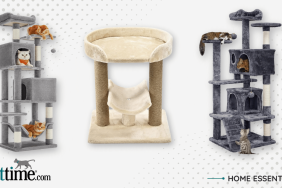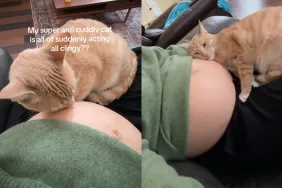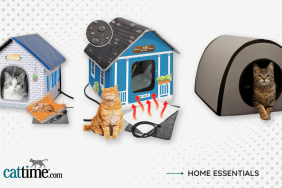Vets are often asked the question, “Can cats have Down syndrome?” The short answer is no, cats can’t have Down syndrome. But there are many other medical issues that a cat might have that can seem to resemble the condition.
Remember, if something seems to be medically wrong with your cat, always seek the advice of a vet, regardless of the symptoms.
Here’s what you need to know about why cats can’t have Down syndrome and what other conditions a feline might have instead.
Why Can’t Cats Have Down Syndrome?
In humans, Down syndrome is a congenital disorder that happens due to the presence of an extra 21st chromosome. Humans have 23 pairs of chromosomes in total.
This can cause birth defects that affect a person in both physical and mental ways. Common symptoms in humans include a shorter neck, decreased muscle tone, and a smaller head, mouth, and ears.
So why can’t cats have Down syndrome? Well, the answer is that felines only have 19 pairs of chromosomes, so there’s no way they could actually have the condition as they don’t possess the 21st chromosome.
What Conditions In Cats Might Resemble Down Syndrome?
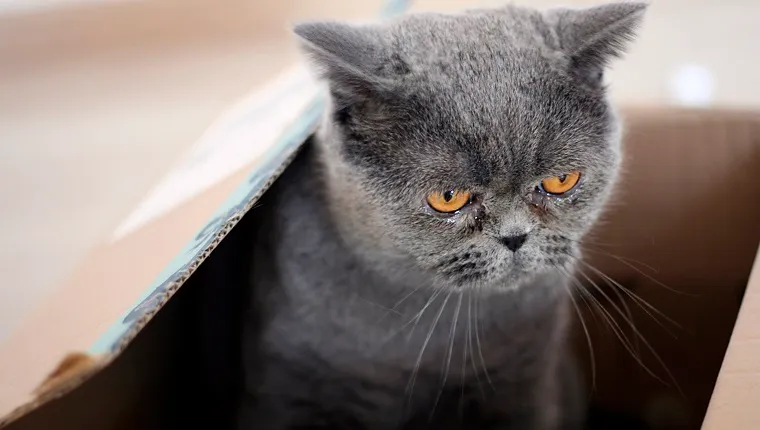
Since the rise of social media, there have been many accounts of pictures of cats going viral where the original poster suggested their cat had Down syndrome. This is not possible, but there are cases where a cat might seem like they have it.
Some of those symptoms include:
- Having a squished-looking nose
- Seeming clumsy while walking
- Widely-spaced eyes or upturned eyes
- Motor dysfunction issues
If a cat has one of these conditions, there is a chance that the feline was infected by the panleukopenia virus, which occurs in utero. The cat might also be afflicted with cerebellar hypoplasia, which is a neurological condition.
A kitten who experiences trauma to the head at a very young age can also seem like they might have Down syndrome. In some cases, if the mother cat interacts with a number of toxic substances, she might produce a litter that includes kittens with compromised neurological systems.
As always, if you suspect there is something troubling your cat, no matter what you think the cause might be, it’s imperative that you speak to a professional veterinarian before taking any further remedial steps or action.
Have you ever thought your cat had Down syndrome? Did your vet find out what was really going on with your feline instead? Let us know about the experience in the comments below.
